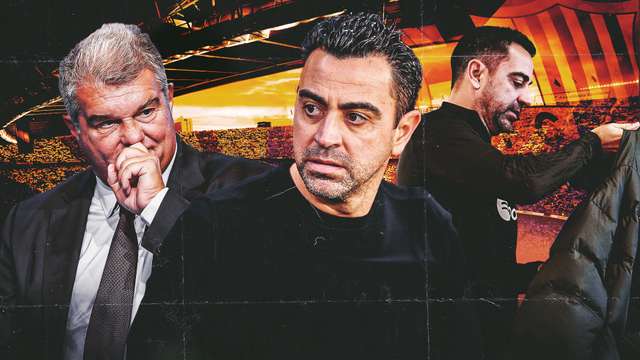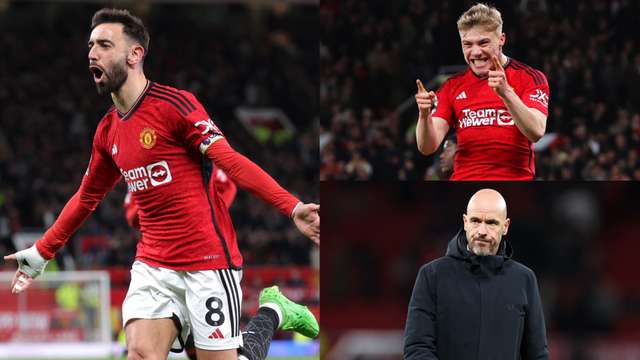Just over a week ago, Shakhtar Donetsk's Brazilian defender Marlon Santos was looking forward to kicking-off the second half of the Ukrainian season with his team-mates.
Events, though, took a wholly unexpected turn.
The ex-Barcelona man had arrived back in Kyiv, where Shakhtar are currently based – their hometown of Donetsk has been a conflict zone between Ukrainian forces and Russian separatists since 2014 – on February 20, having been put through his paces for pre-season training in Turkey.
Just four days after the squad landed, however, the local league was suspended due to the commencement of Russian bombardment, and the severity of the situation quickly became apparent as troops ordered by president Vladimir Putin began streaming across the border.
For Marlon, his compatriots – Shakhtar have no fewer than 11 Brazilians in their current first-team squad – and the Ukrainian people as a whole, a nightmare was only just beginning.
“The word right now is chaos,” Marlon told Mundo Deportivo from the relative safety of the basement bunker of a Kyiv hotel on Thursday, where he had been forced to seek refuge under the barrage of Russian bombs and artillery.
“We are protected in the hotel but we want solutions. This is a terrible situation, we are scared.
“We have our families here, our children and partners, I also have my mother-in-law, we want to be safe.”
Five days later, Marlon was finally able to touch down at Rio de Janeiro's Galeao airport, accompanied by his wife, children and mother-in-law.
The rest of Shakhtar and Dynamo Kyiv's Brazilian contingent had also reached safety, as did Argentine duo Claudio Spinelli and Francisco Di Franco, who had described being woken up by bombs in the city of Dnipro when fighting broke out.
In the interim, Marlon and his team-mates faced a harrowing, interminable journey across a region that has become a war zone.
They took the train from Kyiv to Chernivtsi in the south-west of the nation after spending two days huddled in the hotel bunker, making the trip to the station while flying Brazilian flags out of the window to protest their neutrality in the conflict.
They then continued by bus to Moldova and onwards to Romania, from where he was able to fly to South America.
Throughout the defender has constantly praised the efforts of both Brazil's Foreign Ministry and UEFA, whose head Aleksander Ceferin personally intervened to guarantee the travelling party's safety.
Upon arriving in Brazil, though, Marlon made it clear of the horror through which they lived in Ukraine, telling reporters: “There was a sensation of terror and desperation in every moment. We heard shells exploding, bombs exploding... it was a horrible situation.”
One of the characteristics of these conficlts, as bloody and destructive as they are, is that it creates new heroes in an instant. That is certainly the case for Junior Moraes, Marlon's countryman and Shakhtar colleague who joined him in leaving Ukraine under the shadow of invasion.
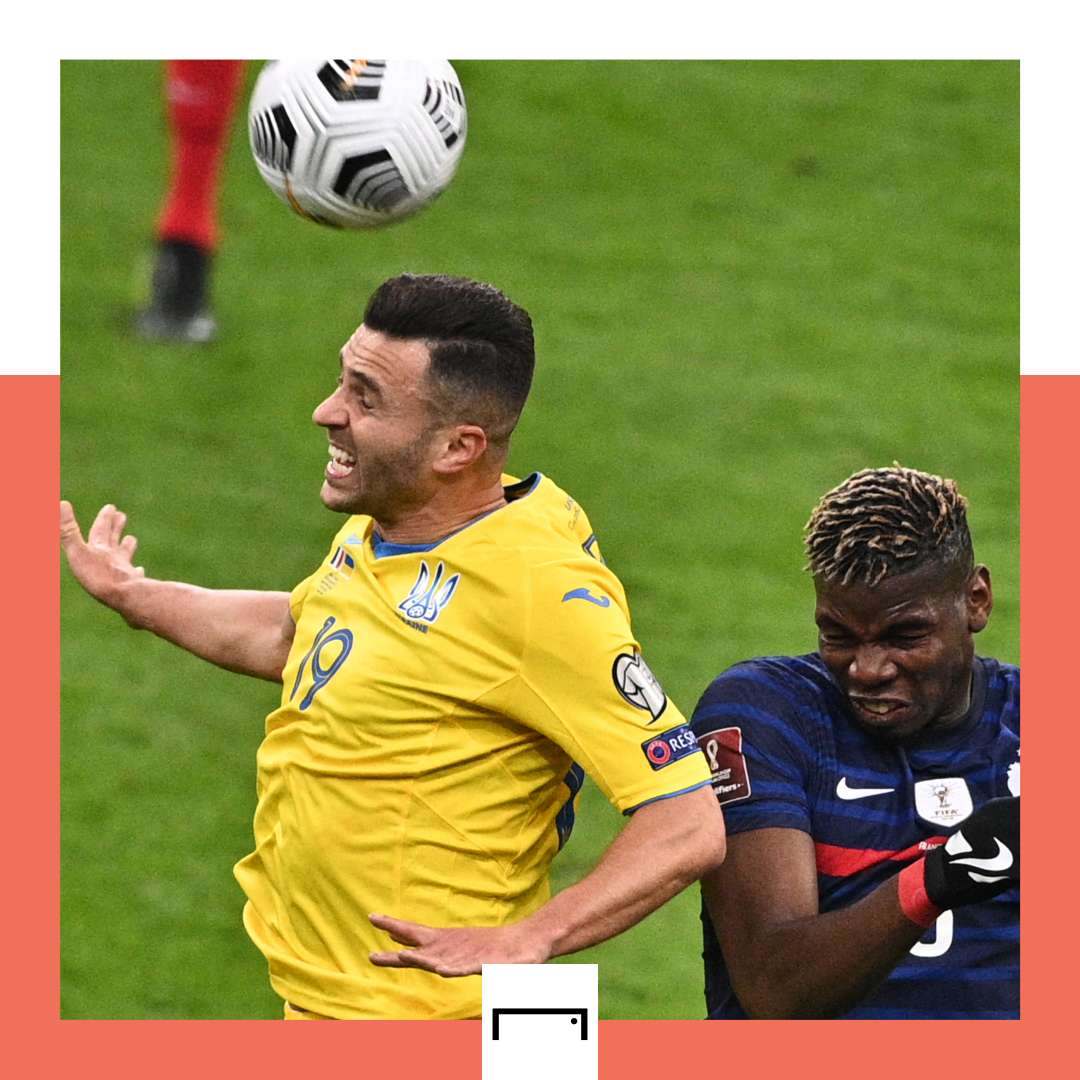
If anything, Moraes' situation was even more complicated. A naturalised Ukrainian citizen, the striker was in danger of being called up to combat duties by the decree issued by the local government that forbid any male between the ages of 18 and 60 from leaving once the battle had commenced.
The 34-year-old, who has played 11 times for his adopted nation, was nevertheless able to cross the border to safety, and Marlon highlighted his influence as a fluent Ukrainian speaker to assuring the safety of the fleeing party.
“There were people willing to risk it all, like Junior Moraes, who managed to go after food and blankets for the children,” he explained.
“That calmed us all and we came together to keep calm and find a solution to get out of there.”
Moraes subsequently made a donation of over $50,000 (£37,500) to the Ukrainian government as a contribution to the resistance efforts, and also highlighted Ceferin's intervention, telling the New York Times that the telephone call he shared with UEFA's chief during his reclusion in Kyiv was “in the last 48 hours... the most comfortable three minutes in my life.”
For Marlon, Junior Moraes and all of the Brazilian contingent, leaving Ukraine safe and sound by no means ends their dilemma.
What will now follow is weeks or perhaps months of inactivity and uncertainty while the conflict continues to unfold, not knowing when or even if they will ever be able to return to their clubs.
Even for those able to escape the chaos of the past few days, the psychological trauma left behind may take some time to heal, leaving football as the last things on their minds as they attempt to retrieve some kind of normality after being reunited with families and loved ones.
For now, for all the players affected from around the globe and everyone still hearing the bombs and bullets across Ukraine, all we can hope for is a rapid resolution to what is swiftly turning into a catastrophic human rights crisis.
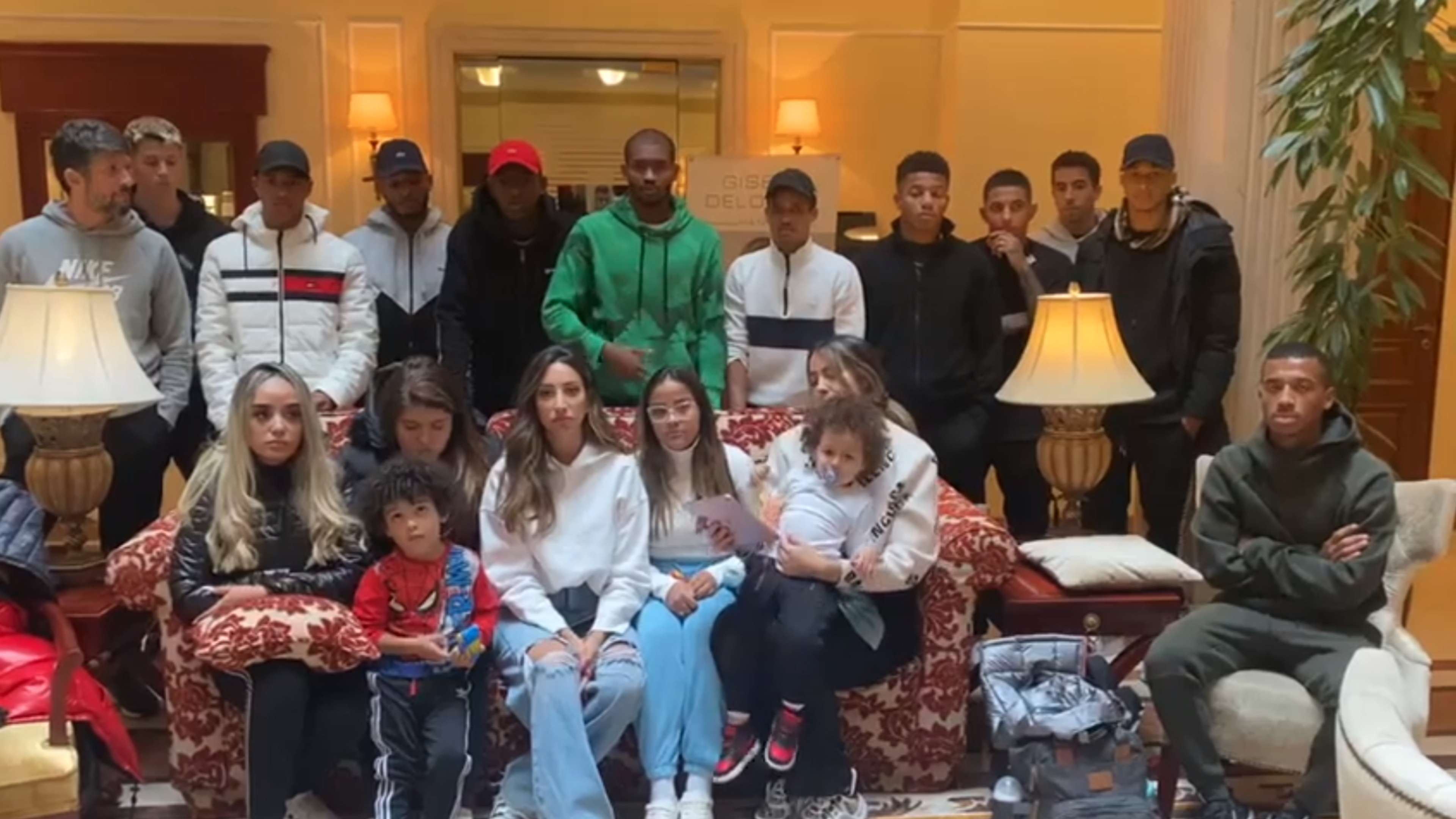
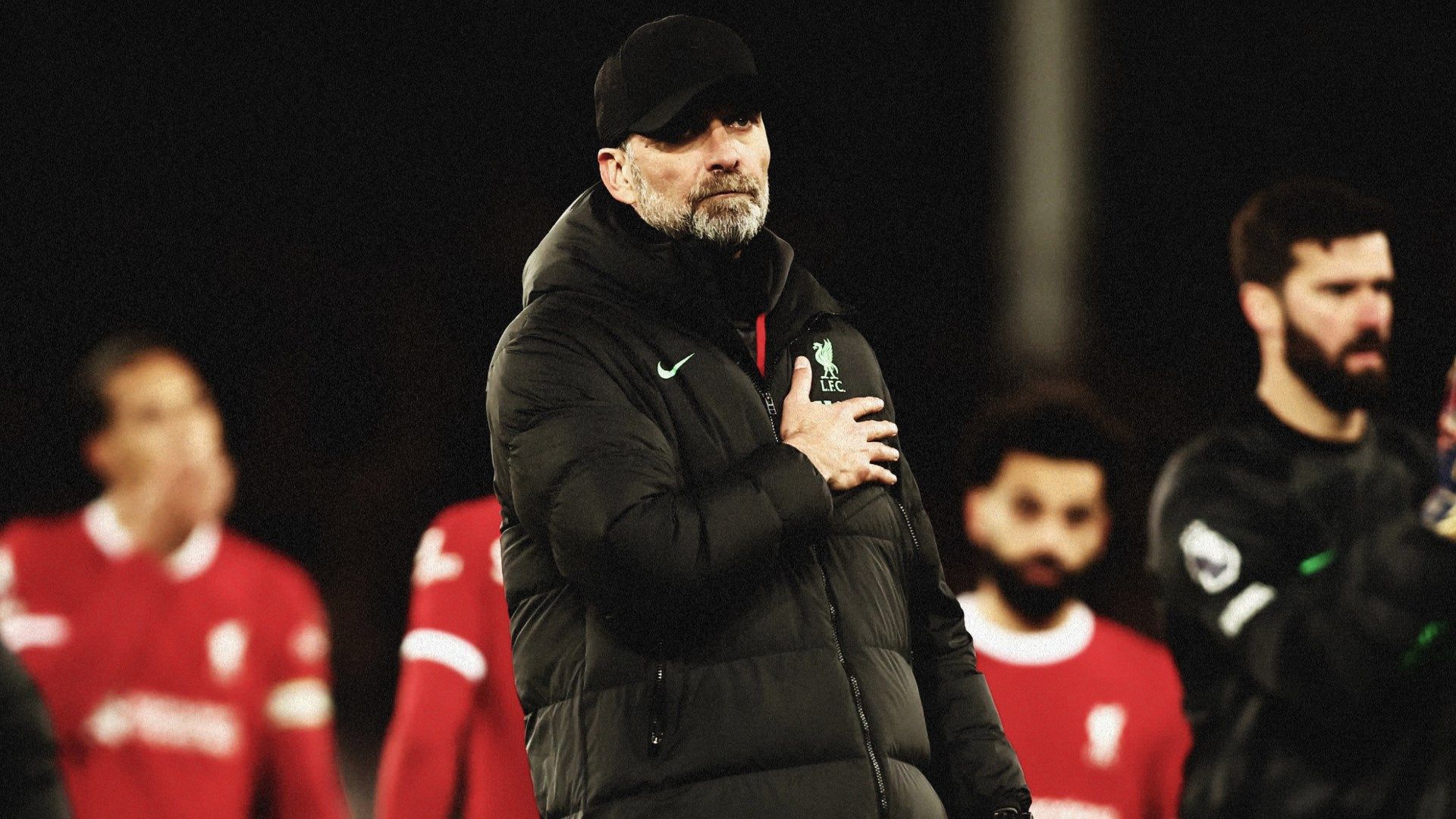.jpg?auto=webp&format=pjpg&width=640&quality=60)
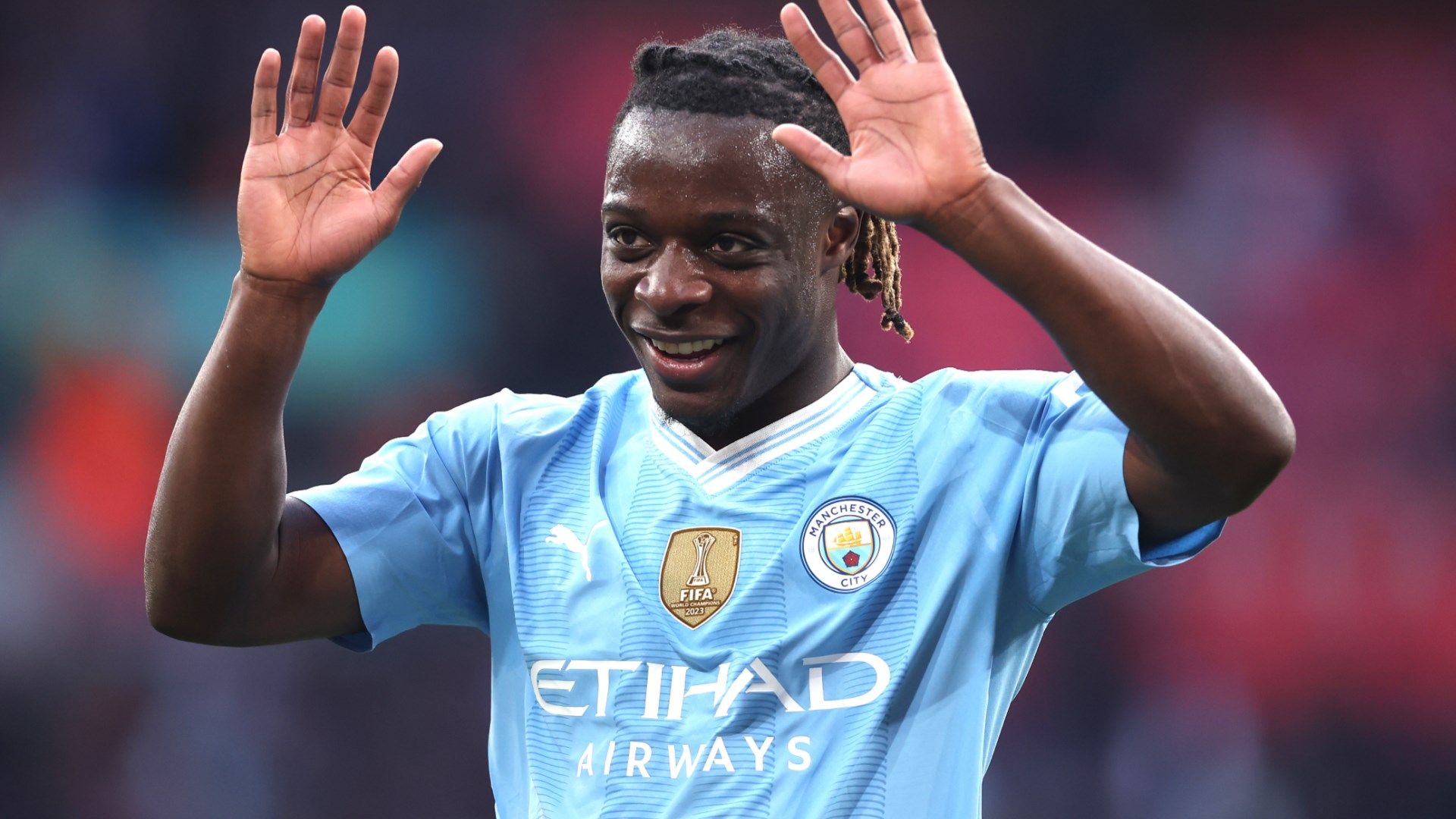.jpg?auto=webp&format=pjpg&width=640&quality=60)
